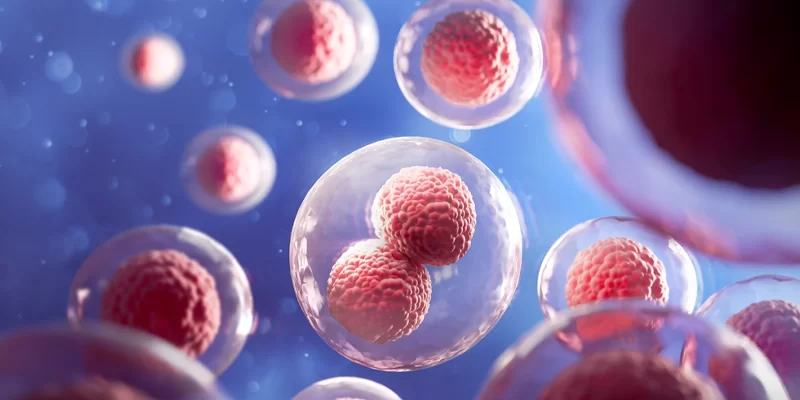In the intricate journey of fertility treatments, the significance of egg quality and quantity cannot be overstated. They are fundamental factors that profoundly influence the success rates of fertility treatments, including in vitro fertilization (IVF), intracytoplasmic sperm injection (ICSI), and egg donation. Understanding the interplay between egg quality, quantity, and fertility treatment outcomes offers insights for couples navigating the complex path to parenthood.
Understanding Egg Quality and Quantity
Egg quality refers to the genetic integrity and the ability of an egg to lead to a viable pregnancy. High-quality eggs have the correct number of chromosomes and can support the early stages of embryonic development. On the other hand, egg quantity, or ovarian reserve, pertains to the number of eggs available in the ovaries. This reserve diminishes with age, impacting fertility.

The Critical Role of Egg Quality in Fertility Treatments
Egg quality is paramount in fertility treatments. High-quality eggs are more likely to be fertilized and develop into healthy embryos, increasing the chances of a successful pregnancy. Factors such as age, lifestyle, and specific health conditions like endometriosis can affect egg quality. Advanced maternal age is the most significant factor, as the quality of eggs declines with age, especially after the mid-30s. This decline is a natural process, resulting in a higher proportion of eggs with chromosomal abnormalities, which can lead to failed implantation, miscarriage, or congenital anomalies.
Technological advancements in assisted reproductive technology (ART) have improved the ability to assess egg quality. Preimplantation genetic testing (PGT) allows for the selection of embryos with the best genetic makeup, enhancing the likelihood of successful implantation and healthy pregnancy outcomes. Nevertheless, even with cutting-edge technology, the intrinsic quality of eggs remains a limiting factor in the success of fertility treatments.
The Influence of Egg Quantity on Fertility Outcomes
While egg quality is crucial, the quantity of eggs available for fertilization also plays a vital role in treatment success. A higher ovarian reserve means more eggs can be retrieved during an IVF cycle, offering a larger pool for fertilization and increasing the chances of obtaining viable embryos. Egg quantity is assessed through tests such as an antral follicle count (AFC) and anti-Müllerian hormone (AMH) levels. These assessments help fertility specialists tailor treatment plans, including medication dosages for ovarian stimulation.
However, a high quantity of eggs does not guarantee success if egg quality is compromised. This balance between quantity and quality is delicate, especially in older women or those with certain medical conditions affecting their ovarian reserve.
Strategies to Improve Egg Quality and Quantity
Though the decline in egg quality and quantity with age is inevitable, several strategies can optimize fertility outcomes:
- Early Planning: Understanding the implications of age on fertility can guide timely decision-making about family planning or fertility preservation, such as egg freezing.
- Lifestyle Modifications: Diet, exercise, and avoiding smoking and excessive alcohol can improve overall health and potentially enhance egg quality.
- Supplements: Certain supplements, like coenzyme Q10, DHEA, and folic acid, have been suggested to support egg quality, though their effectiveness varies individually.
- Medical Interventions: Treatments for conditions like polycystic ovary syndrome (PCOS) or endometriosis can improve fertility. Regular consultations with a fertility specialist can also lead to adjustments in treatment strategies based on ovarian reserve tests and other diagnostics.
The Path Forward: Personalization in Fertility Treatments
The field of fertility treatments is evolving towards greater personalization, recognizing the unique circumstances of each individual or couple. Personalized treatment plans, informed by the quality and quantity of eggs, can optimize the chances of success. Innovations in ART, genetic testing, and a deeper understanding of reproductive biology are paving the way for more effective and tailored approaches to overcoming fertility challenges.
Read Also : The Science Behind Egg Freezing: Process and Benefits
Conclusion
Egg quality and quantity are cornerstone factors in the success of fertility treatments. While age-related decline in these factors poses challenges, advancements in reproductive medicine offer hope. Through personalized treatment strategies and a focus on optimizing egg health, many couples can achieve their dreams of parenthood. The journey of fertility treatment is complex and deeply personal, requiring a blend of scientific insight, medical innovation, and compassionate care to navigate its challenges successfully.
